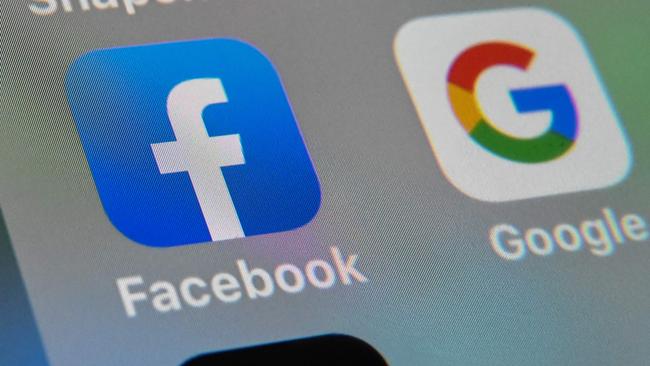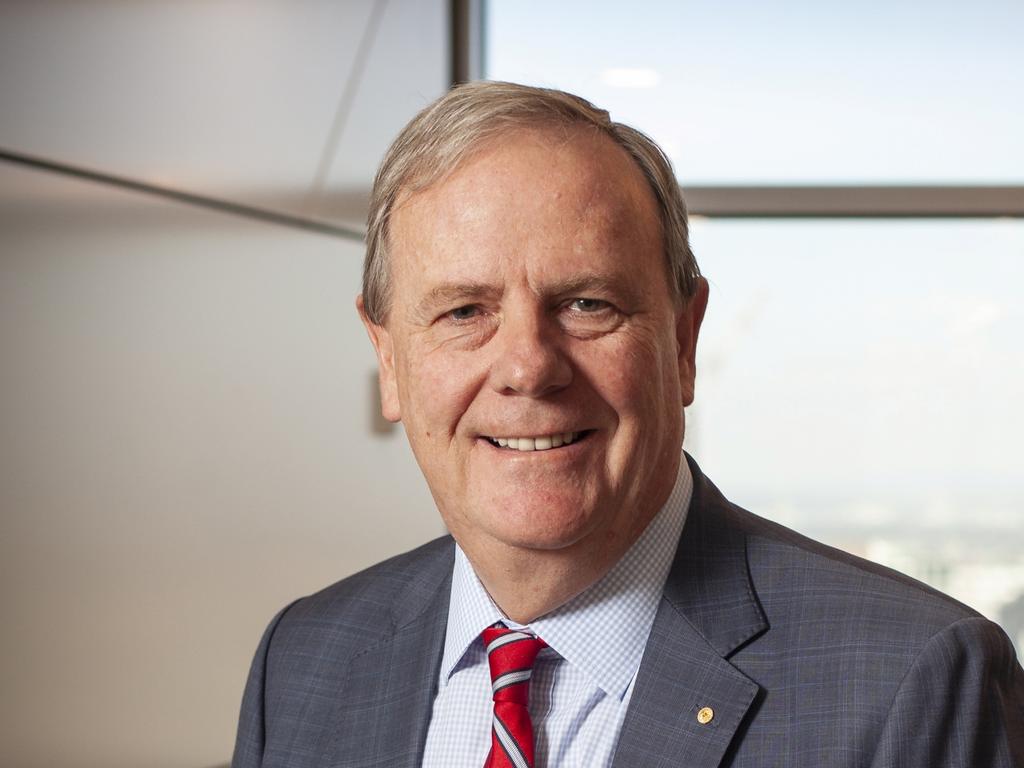ACCC stand against Facebook and Google backed by international media
International groups representing publications across the US and the UK have thrown their support behind Australia‘s “big tech” bargaining code.

International groups representing publications across the US and the UK have thrown their support behind Australia‘s “big tech” bargaining code, calling on the federal government to hold firm and declaring that if successful, a similar mechanism should be implemented in their jurisdictions.
The overseas push comes after Facebook last week threatened to stop Australians sharing news articles on its platform if the Australian Competition and Consumer Commission’s draft bargaining code becomes law.
The world-first news code would allow media companies to negotiate with Google and Facebook over payment for news content on its platforms.
The boss of international trade association Digital Content Next, which represents publishers including NPR, CBS Interactive, Condé Nast, The New York Times, The Guardian and News Corp, told The Australian that Facebook and Google had attempted to paint Australia as an “outlier” on tech regulation.
“This couldn’t be further from the truth,” DCN chief executive Jason Kint said.
“What is happening in Australia after a robust multi-year investigation of the digital advertising market is a sign of things to come, as the rest of the world across oceans and political ideologies attempt to unlock competition and innovation again to breathe oxygen into dependent businesses and information markets whether small or large.
“The free ride for platforms is ending, with many countries recognising that independent journalism and original content is valuable to society.”
News Media Alliance chairman and chief executive David Chavern said that for a company with a huge misinformation problem, it was deeply misguided for Facebook to threaten to cut off access to quality journalism. The News Media Alliance represents about 2000 newspapers in the US.
“They appear comfortable with the idea that in Australia they can limit themselves to rumours, hate speech and crazy conspiracy theories,” he said.
“It really tells you everything you need to know about what they want to deliver to their users.
“It is also a very clear example of an attempted exercise of massive market power. They absolutely don‘t care about the views of the government, the news publishers, the public or anyone else.
“If they wanted to be a responsible player in Australia, they would come to grips with the fact that real reporting is expensive, and more value needs to be returned to the people who produce it. They could actually be a source for quality news and information instead of a destructive font of misinformation.”
Deputy chief executive of the UK-based News Media Association, Lynne Anderson, said: “Facebook’s threat to restrict the Australian public’s access to trusted and verifiable information during a worldwide pandemic shows exactly why robust intervention to curb the power of the tech giants is urgently needed.
“If Facebook removed trusted news from its platforms, misinformation and bad actors would flourish, and the harm to consumers would increase exponentially.
“We support the Australian authorities’ efforts to protect the public and news media sector from the tech giants’ harmful business practices and urge the UK government to follow their lead.”
Facebook has unveiled plans to pay publishers for their content in six countries including the US and the UK but Australia is a notable exception.
The company said it was in the “very early stages” of negotiating with publishers in the UK, Germany, France, India and Brazil for its Facebook News product, which has already been released in the US.
“We aim to launch Facebook News in multiple countries within the next six months to a year and are considering the UK, Germany, France, India and Brazil,” the company’s vice-president of global news Campbell Brown said.
“In each country, we’ll pay news publishers to ensure their content is available in the new product.
“Consumer habits and news inventory vary by country, so we’ll work closely with news partners in each country to tailor the experience and test ways to deliver a valuable experience for people while also honouring publishers’ business models.”
A Facebook spokeswoman told The Australian: “Facebook has long been investing into the Australian news industry. We launched the Facebook Journalism Project in 2017 and, to date, we have invested millions in Australia through video revenue opportunities, million-dollar content deals, reader revenue programs and relief grants. This is in addition to our publisher products, including subscription tools, that we’ve developed to help publishers reach new audiences and monetise their content.
“We’ve engaged constructively during this process to help inform a regulatory framework that gives the Australian government, media businesses and consumers the confidence about our commitment to invest in Australia.”







To join the conversation, please log in. Don't have an account? Register
Join the conversation, you are commenting as Logout